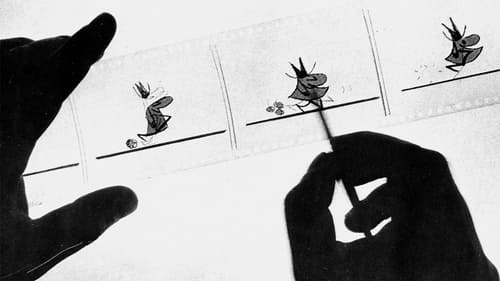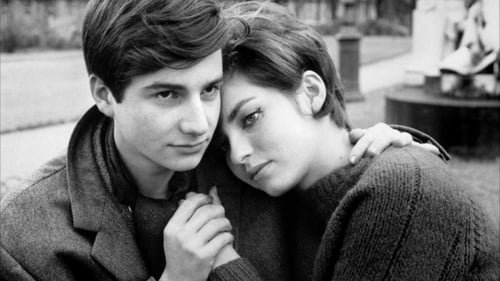Pierre Schaeffer
출생 : 1910-08-14, Nancy, France
사망 : 1995-08-19
약력
Pierre Henri Marie Schaeffer (14 August 1910 – 19 August 1995) was a French composer, writer, broadcaster, engineer, musicologist, acoustician and founder of Groupe de Recherche de Musique Concrète (GRMC). His innovative work in both the sciences—particularly communications and acoustics—and the various arts of music, literature and radio presentation after the end of World War II, as well as his anti-nuclear activism and cultural criticism garnered him widespread recognition in his lifetime.
Amongst the vast range of works and projects he undertook, Schaeffer is most widely and currently recognized for his accomplishments in electronic and experimental music, at the core of which stands his role as the chief developer of a unique and early form of avant-garde music known as musique concrète. The genre emerged in Europe from the utilization of new music technology developed in the post-war era, following the advance of electroacoustic and acousmatic music.
Schaeffer's writings (which include written and radio-narrated essays, biographies, short novels, a number of musical treatises and several plays) are often oriented towards his development of the genre, as well as the theoretics and philosophy of music in general.
Today, Schaeffer is considered one of the most influential experimental, electroacoustic and subsequently electronic musicians, having been the first composer to utilize a number of contemporary recording and sampling techniques that are now used worldwide by nearly all record production companies. His collaborative endeavors are considered milestones in the histories of electronic and experimental music.
Schaeffer was born in Nancy in 1910. His parents were both musicians (his father a violinist; his mother, a singer), and at first it seemed that Pierre would also take on music as a career. However his parents discouraged his musical pursuits from childhood and had him educated in engineering. He studied at several universities in this inclination, the first of which was Lycée Saint-Sigisbert located in his hometown of Nancy. Afterwards he moved westwards in 1929 to the École Polytechnique in Paris and finally completed his education in the capital at the École supérieure d'électricité, in 1934.
Schaeffer received a diploma in radio broadcasting from the École Polytechnique. He may have also received a similar qualification from the École nationale supérieure des télécommunications, although it is not verifiable as to whether or not he ever actually attended this university. ...
Source: Article "Pierre Schaeffer" from Wikipedia in english, licensed under CC-BY-SA 3.0.




